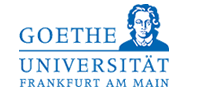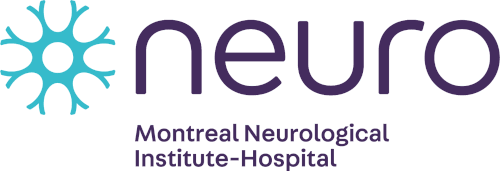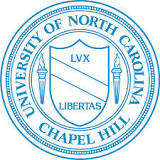 |
 |
 |
 |
 |
 |
News from SGC
SGC scientists come from countries all over the world to do drug discovery research at our laboratories in Canada, UK and Brazil.
Watch videos of SGC members talking about SGC science and open access in 27 different languages like Arabic, Mandarin, Portuguese and Russian, to name a few: http://www.thesgc.org/sgclanguages
SGC’s open access policy of sharing knowledge and research results without restrictions has helped accelerate the discovery of new medicines for many debilitating diseases such as cancer.
Fibrodysplasia ossificans progressiva (FOP) is one of the rarest and most disabling genetic conditions known. The University of Oxford is one of the few places in the world where this disease is being researched, with support from donations.
GMEC is pleased to announce the signing of the first collaborative research projects to be launched under theGMEC/Pfizer Rare Diseases agreement which was announced in 2014.
The University of Oxford and Pfizer have agreed three funded research projects in the fields of haematology and neuromuscular disorders. For additional information click here to see the announcement by University of Oxford.
A new Drug Discovery Institute in Oxford focusing on finding new medicines for Azheimer’s is being funded by Alzheimer’s Research UK. The SGC will play a major role in this Institute, providing our expertise in protein production, protein crystallography and medicinal chemistry.
Read more:
TORONTO, ON (December 9, 2014) — Dr. Aled Edwards, co-founder and CEO of Structural Genomics Consortium (SGC), has been elected a Senior Ashoka Fellow.
$2 million grant from the Bill & Melinda Gates Foundation furthers existing research on malaria and TB
Toronto, ON --Almost $2 million is being invested by the Bill & Melinda Gates Foundation to help fight major parasitic diseases of the developing world.





